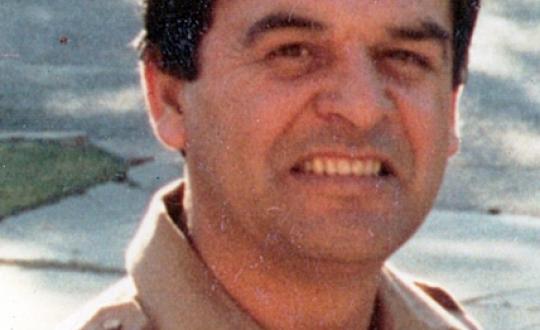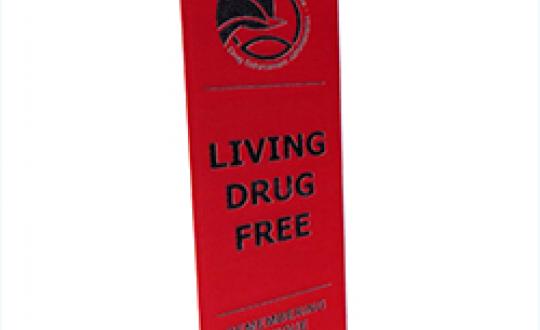Content

On February 7, 1985, at 2:00 p.m., Drug Enforcement Administration (DEA) Special Agent Enrique “Kiki” Camarena left the American Consulate in Guadalajara to meet his wife for lunch. Kiki had been in Mexico for four and a half years on the trail of Mexico’s marijuana and cocaine drug traffickers. He was due to be reassigned in three weeks, having come dangerously close to unlocking a multi-billion drug dollar pipeline.
As Kiki neared his truck, five men approached him and shoved him into a beige Volkswagen. One of the men threw a jacket over Kiki’s head and the driver sped away.
Almost a month later, on March 5, Kiki’s body was found on a ranch outside the town of Zamora, Mexico, approximately 60 miles outside of Guadalajara. Autopsy reports indicated that he was tortured and beaten. Three days after his body was discovered, he was returned to the United States for burial.
Following Special Agent Camarena’s death and the press attention it generated, U.S. Congressman Duncan Hunter, a member of the House Select Committee on Narcotics Abuse and Control, and Henry Lozano, a Kiki’s high school friend and director of Teen Challenge, a drug abuse prevention and counseling organization, met to discuss plans to develop “Camarena Clubs” throughout the El Cajon, California, area. These “Camarena Clubs” formed to unite students, teachers, and others in the community against drug abuse.
The first “Camarena Club” started on April 20, 1985, at Calexico Union High School, the same high school from which Kiki graduated in 1968. The following week, members of that club, along with Congressman Hunter’s wife, Lynne, presented First Lady Nancy Reagan with the “Camarena Club Proclamation.”
The summer of 1985 saw a surge in national interest in the memory of Kiki Camarena and the problems of drug abuse. The Virginia Federation of Parents and the Illinois Drug Education Alliance called on every American to wear red ribbons to symbolize their commitment to help reduce the demand for drugs in their communities.
In 1988, the National Family Partnership coordinated the first National Red Ribbon Week, an 8-day celebration proclaimed by the Congress of the United States with President and Mrs. Reagan serving as honorary chairpersons.

Red Ribbon Week is celebrated annually October 23–31 in cities across the country. During Red Ribbon Week, people in communities across the nation pledge to live a drug-free lifestyle by wearing red ribbons and participating in community-wide antidrug events.
The meaning of Special Agent Kiki Camarena’s sacrifice continues to galvanize communities through Red Ribbon Week, which calls upon organizations, parents, and educators to reinforce the dangers of drug use with youth and young adults.
Red Ribbon Week also presents a critical opportunity for parents, educators, and communities to fight the constant battle against drugs by talking with youth and young adults about the real issues around drug use. “Each year, Red Ribbon Week reinvigorates the message that drug abuse remains with us, and that we must stay vigilant in the fight,” says Jack Lawn, DEA Administrator at the time of Kiki’s death. DEA continues to target drug traffickers in our nation’s local communities as one of many comprehensive strategies, which also includes effective enforcement, prevention, and treatment.
Each year millions of Americans participate in Red Ribbon Week as a way of saying, “We want America to be free of drugs.” This year, scouts across America have the opportunity to earn a Red Ribbon Patch. The scouts in the unit will be required to sponsor a Red Ribbon program in their school or community and participate in a drug-free activity to receive their DEA Red Ribbon Patch.
Download a PDF copy of 'Red Ribbon Week History.'

